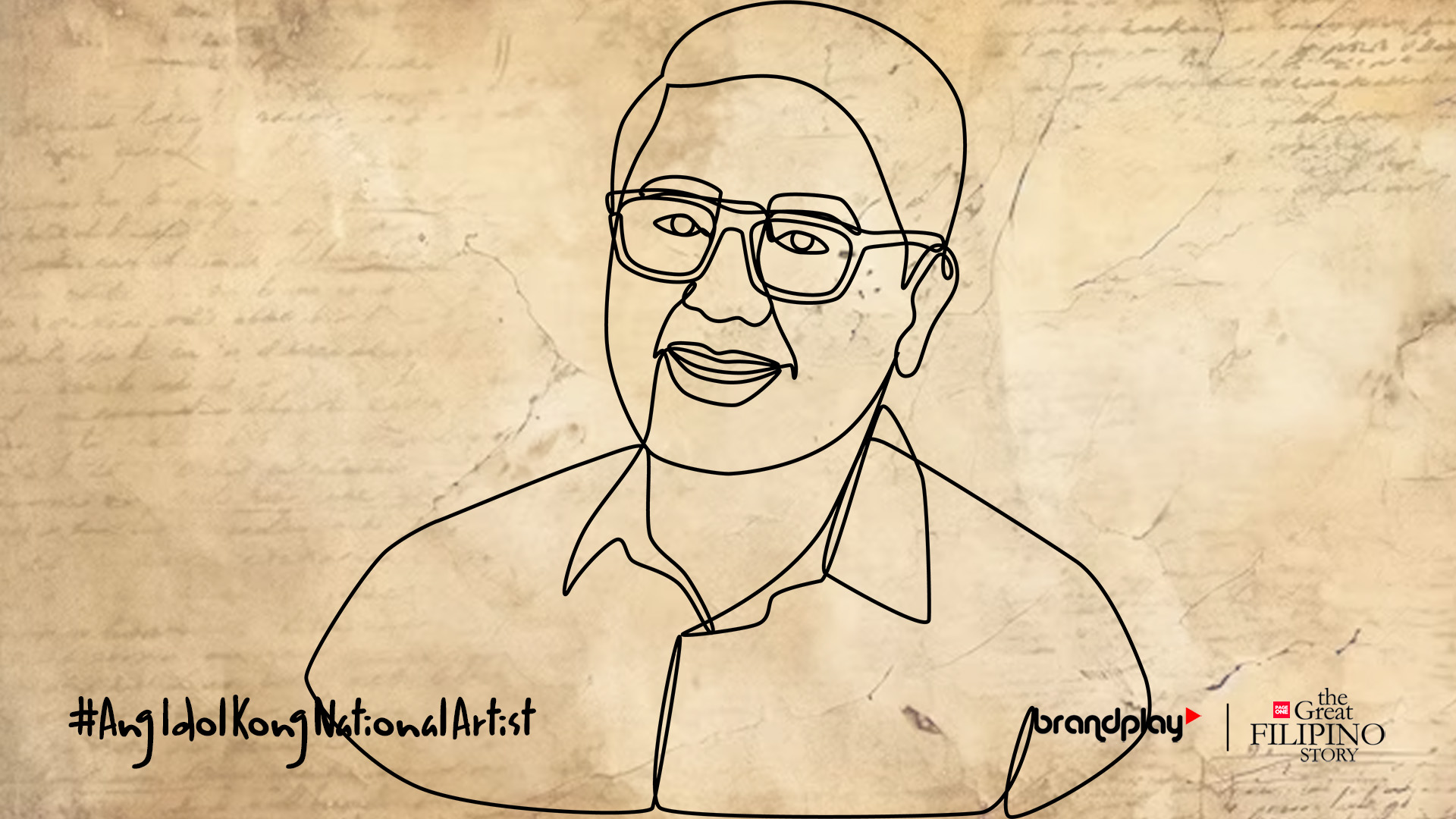Few would have guessed that Ryan Cayabyab, one of the most influential figures in Philippine music, once considered a different career path. However, his innate musical talent and unwavering passion ultimately drew him back to his true calling: a career in music.
Raymundo Cipriano Pujante Cayabyab, also known as Ryan Cayabyab, has been a cornerstone of the Filipino music scene for decades, captivating audiences with his iconic compositions and soulful performances. Renowned as Mr. C, he has masterfully blended Filipino cultural identity through music. Before becoming a pillar of the OPM (Original Pilipino Music) movement, he faced challenges in pursuing his musical passion early in life but eventually led him to becoming a National Artist for Music.
The making of a musical maestro
Growing up, Cayabyab was constantly surrounded by music. His mother, Celerina Venson Pujante, is an opera singer and music teacher at University of the Philippines. Living in UP Village as a child, he witnessed firsthand how her mother taught music students at their house, which was always filled with the sounds of singing and instruments playing.
Cayabyab’s musical abilities were apparent even as a child. At the age of three, one of his mother’s students recognized his potential and even wrote a thesis about him. The student praised him for having an “extraordinary musical talent” and his ability to “easily pick out melodies” as she watched him play the piano; it was clear that he was destined for a life in music.
Although he was musically gifted from a young age, his musician mother did not want him to follow in her footsteps. In an interview with CNN, Ryan revealed that his mother was against a music career because “there’s no money in music”. Respecting her mother’s death wish, he chose to study Business Administration and Accountancy at UP Diliman.
However, he never set aside his passion for music. While studying Accountancy, he worked as a pianist and accompanist in the Development Bank of the Philippines Choral Ensemble. His musical talents were recognized during his performance by Senator Salvador Laurel, and he was offered a full music scholarship. Senator Laurel knew he was destined for a career in music, so he talked to his father who eventually gave his approval, despite his wife’s request. He later transferred to the College of Music. From then on, music became his life’s passion.
Creating legacy in Filipino Music
In 1978, Ryan Cayabyab made a significant impact on Filipino music with his composition “Kay Ganda ng Ating Musika.” This song not only won the Metropop Song Festival and Seoul Song Festival but also became the anthem of the Original Pilipino Music (OPM) Movement, marking the beginning of his musical legacy. He continued to participate in and win music competitions, both locally and internationally. In the same year, he was awarded one of the “Ten Outstanding Young Men” in recognition for his contributions to Filipino music.
He has composed songs for popular artists like Pilita Corrales, Jose Mari Chan, Basil Valdez, and Smokey Mountain. Some of his iconic compositions include “Kailan,” “Paraiso,” “Da Coconut Nut,” “Tuwing Umuulan at Kapiling Ka,” “Araw Gabi,” and “Ikaw ang Tunay na Ligaya,” which have left an indelible mark on the flourishing OPM scene. He has also created orchestral and choral songs, full-length ballets, operas, and theater musicals that earned him the title “the Maestro.” He has worked with renowned orchestras such as the Philippine Philharmonic Orchestra and the Manila Chamber Orchestra.
His legacy extends beyond songwriting. He is deeply committed to promoting music education. Like his mother, he became a music professor at the University of the Philippines. Understanding the challenges aspiring musicians face, he established “The Music School of Ryan”, catering to budding singers aged 8 to 12. Additionally, MusiKabataan, his scholarship program, provides opportunities for underprivileged young musicians. As Cayabyab himself says, “The next generation should be better than us for our country to move forward. For this to happen we must teach them everything we know at every possible instance.”
If he had abandoned his passion for music when he was a teen, perhaps the name Ryan Cayabyab would not be known to Filipinos. Although he initially chose his mother’s desire for him to pursue a different career, he didn’t let go of his musical passions. Music was perceived as a financially unstable career in our society, but he proved that music could be both a passion and a profession. His journey demonstrated that with talent, dedication, and risk-taking, it’s possible to turn a love of music into a successful and fulfilling career.





